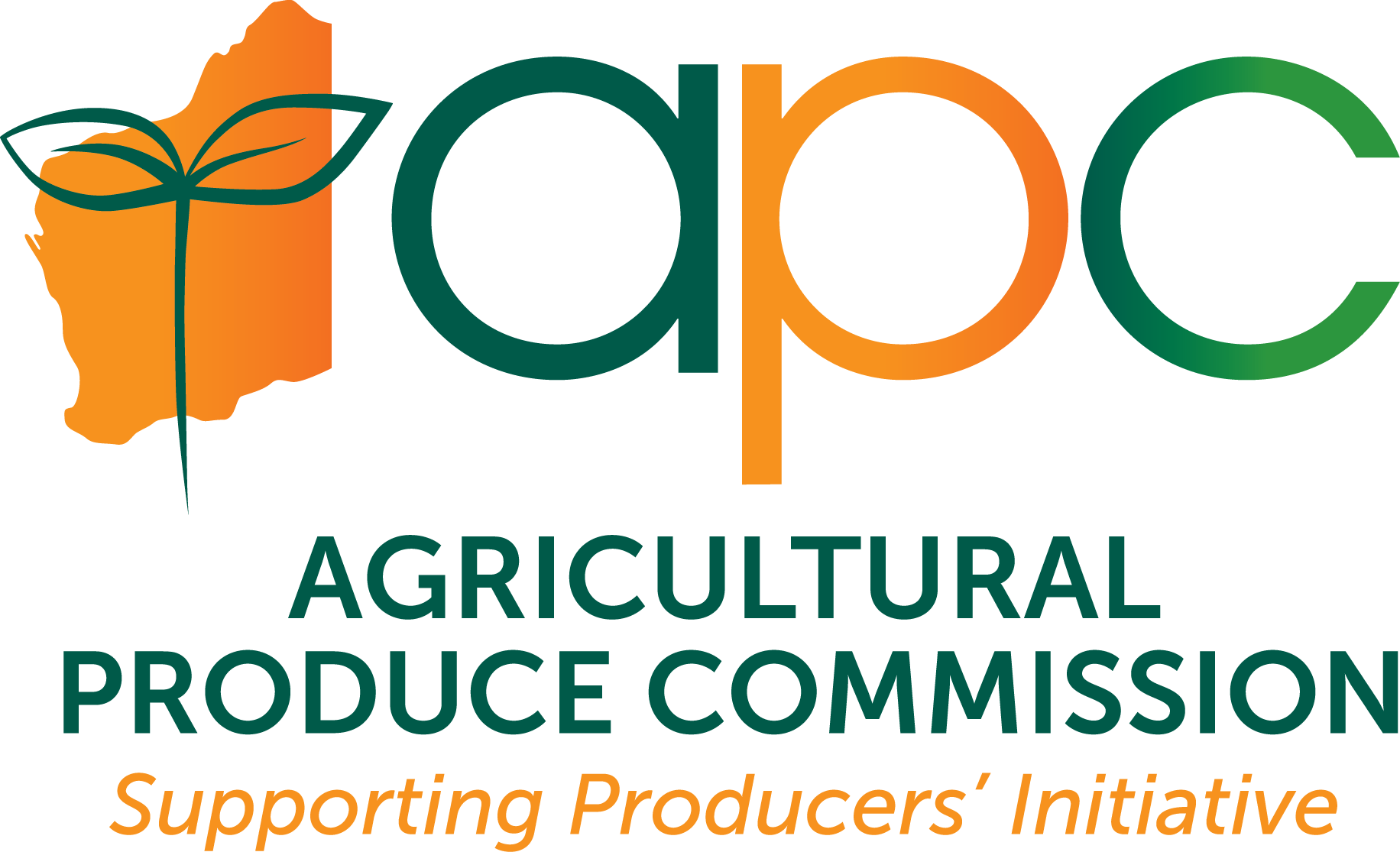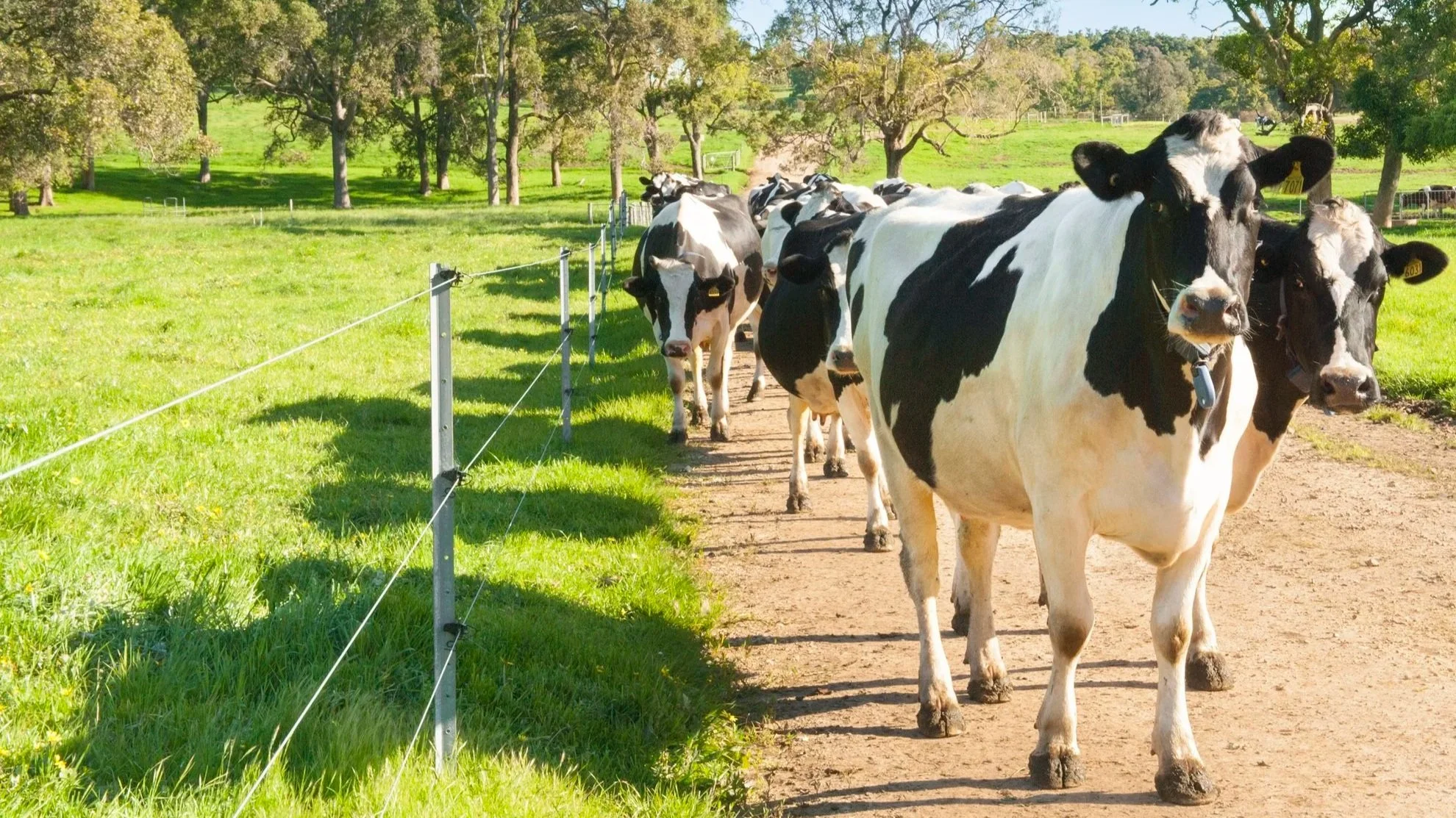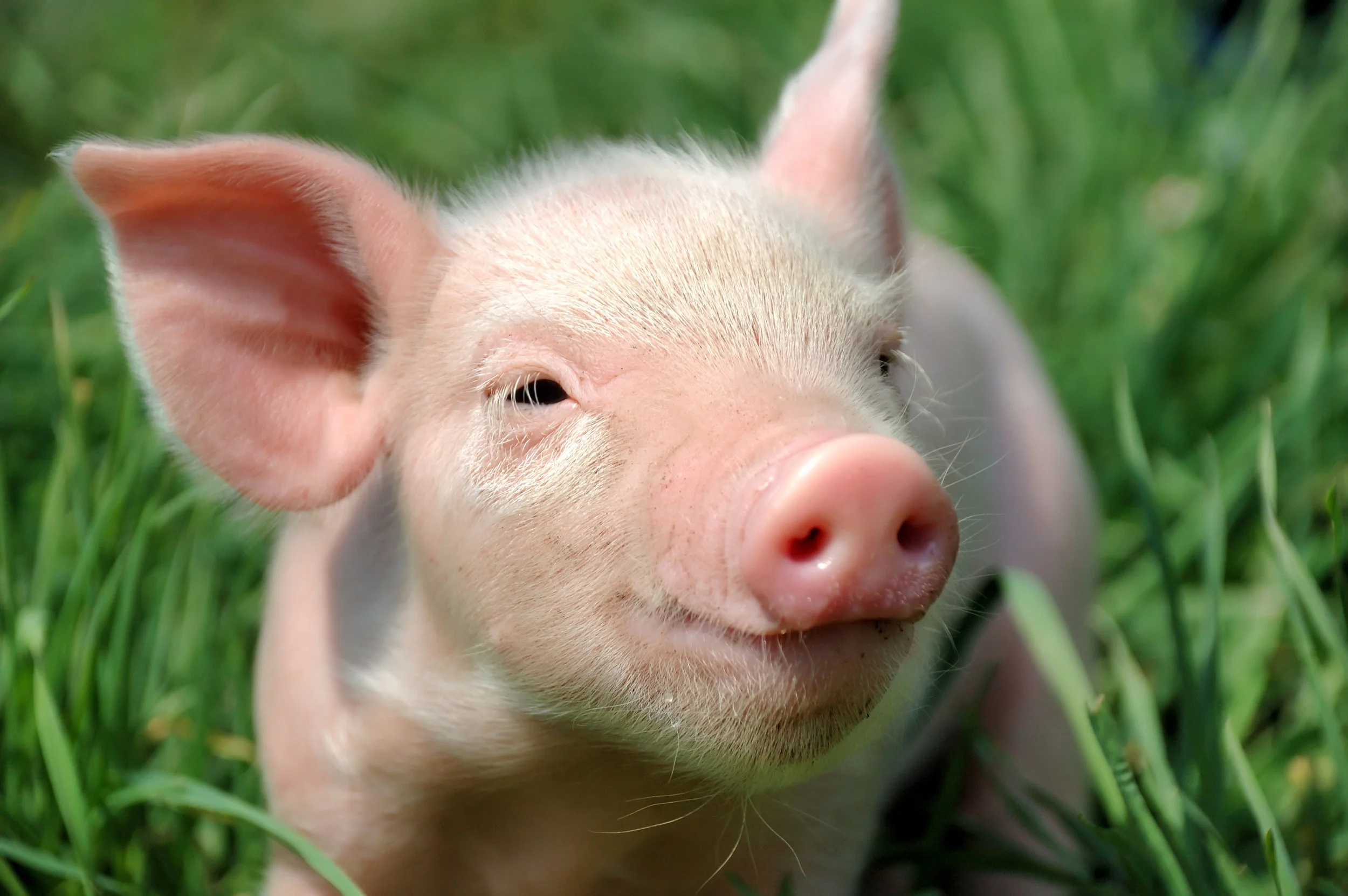Nominations are closed
Following the counting of WA Dairy Producers’ votes, a new APC Dairy Producers’ Committee has been established. Nominations have closed for appointment to the inaugural committee - and help to shape the transition for the WA dairy industry.
What Has Changed?
In the postal ballot of eligible Western Australian dairy producers held 1 December 2025, 42% of eligible producers voted. The results were: 30 votes for ‘Yes’, 8 votes for ‘No’ and 2 informal votes.
The returning officer has declared that the poll result was in favour of the formation of an APC Dairy Producers’ Committee to provide service functions listed (a) to (m) under section 12.1 of the Agricultural Produce Commission Act 1988 (the Act). Pursuant to Section 11.1 of the Act, the Agricultural Produce Commission resolved to establish a producers’ committee for the dairy industry in Western Australia. The dairy producers’ committee will be able to raise funds from dairy producers within Western Australia to provide any of the service functions listed (a) to (m) in Section 12.1 of the Act.
What Will It Mean For Me?
Soon, all dairy farmers will pay a compulsory fee-for-service charge to cover the services that will be led by the new APC Dairy Producers’ Committee. The fee collection mechanism will be co-designed by the new Dairy Producers’ Committee, however it has previously been proposed that the fee-for-service would be collected from every milk producer by milk processors. WA dairy farmers would retain decision-making power through their Dairy Producers' Committee. The Dairy Producers' Committee would consult with their fellow farmers to determine the fee for each year, and the services or projects to be delivered for that fee.
Who will be on the committee?
Nominations are now closed for the appointment of current WA Dairy Producers to the APC Dairy Producers’ Committee.
The inaugural Committee will be responsible for the following priorities in the initial period:
Help co-design new Agricultural Produce (Dairy Industry) Regulations which will set out the fee collection processes.
Adopt the Dairy Industry Strategic Plan (as established by WADIWG) and establish priority initiatives for funding/delivery for the initial period.
Determine the service priorities for WA dairy farmers and the most effective operating model to deliver them.
Set the recommended fee-for-service (subject to approval by the Minister).
Consult with WA dairy farmers (and stakeholders) about the new regulations, planned program of work and proposed FFS rates
Whilst the meeting schedule and timing is up to the Committee to set, as a guide on effort required, we believe that the Committee is likely to meet 4 - 6 times during the first year to focus on the priority items identified above. Meetings may be held in person or online.
Initial appointment terms will be staggered for continuity. The initial appointment terms will be one to three years.
Who is the APC
The APC is a State government body established to provide a funding mechanism to enable and support participating industries. Set up under the Agricultural Produce Commission Act 1988, the Commission provides a legal framework to collect a compulsory fee-for-service from agricultural producers from participating industries which can then be invested in delivering services, projects and initiatives for their producers. Committee funds do not go to Government as consolidated revenue. They are funds held by the Commission on behalf of Producers’ Committees and only for the benefit of the industry from which they are raised
“Producers’ Committees” are the industry-led Committees which help establish priorities, set fee-for-service rates and oversee the investment of these funds into the delivery of services for producers.
You can learn more about the APC here.
What are the Benefits of a Producers’ Committee?
In 2024, the WA Farmers Dairy Council wrote to the Agricultural Produce Commission (APC) to request a poll of dairy producers for the purposes of establishing a new APC Dairy Producers Committee (DPC). Producers’ Committees can act as a vehicle for WA Producers to address their own industry challenges. The case studies below provide great examples of how Producers Committees for Carnarvon banana producers, pome fruit producers and pork producers have tackled industry challenges head on.
Through its’ functions, Producers’ Committees can:
provide a mechanism for building industry resilience through compensation, voluntary insurance schemes and dedicated biosecurity preparedness and response funds.
Provide a platform for funding and delivering industry programs, representation and engagement for and on behalf of producers
Act as a tool to attract leveraged funding from State and Federal programs - ensuring that WA Producers’ are attracting a fair share of industry investment
Producers’ Committees are industry led and strongly supported by Government.
You can see how Producers’ Committees are delivering for their industries by checking out the latest report here.
Frequently Asked Questions
What is an APC Fee for Service and how is it set?
Fee-for-service (FFS) are the fees collected from every dairy producer, which are then used to provide industry services to producers. The DPC, with approval by the Minister, determines the cost structure / FFS rates, and these are reviewed annually. At this stage, the nominal fee model would be similar to the current membership fee rates paid to the Dairy Council. The DPC may change rates to reflect farmer priorities – decreasing and increasing in response to WA dairy industry issues.
Is this different to the Milk Levy?
The milk levy is a national levy paid to Dairy Australia who then distribute money to national bodies and Western Dairy. The FFS is to cover WA State based services. Unlike national levy programs, the legislation ensures that decision-making around the setting and use of FFS remains industry led, with decisions only being made by FFS paying dairy producers. In short, it is and will remain, your industry committee and your money.
What (exactly) can be funded through FFS?
The FFS can be used to support a broad range of functions under the Act. Such as:
Approved projects delivered by an industry peak body or association – these might include community and industry engagement
Researchers or research projects with associations such as universities
Collaborative programs such as ones delivered/joint funded by DPIRD
Biosecurity and emergency surveillance, preparedness and response programs
The key is that decision-making about what services need to be undertaken for dairy producers remains with dairy producers - ensuring that there is no ‘double up’ with federal schemes, and that the needs of Western Australian producers are the focus.
Do other industries have the same model?
The APC currently has eleven operational Committees and Subcommittees, providing a wide variety of services, to such industries as wines, pork, vegetables, Carnarvon bananas, table grapes, potatoes and pome, citrus and stone fruit. Many of these industries are subject to a federal levy program.
Their Producers’ Committees are used to:
Address WA specific needs and concerns
Provide State based representation, engagement and policy advocacy
Deliver consumer campaigns, quality programs and community engagement to drive WA demand
Leverage Producer money to secure a greater share of investment in WA industry.
Who would be on the committee?
Initially, the Committee would have 4-8 dairy farmer members appointed by the Commission. If requested by the inaugural committee, further appointments of non-voting members may be made (e.g. from other parts of the supply chain or if a particular skill set is needed).




